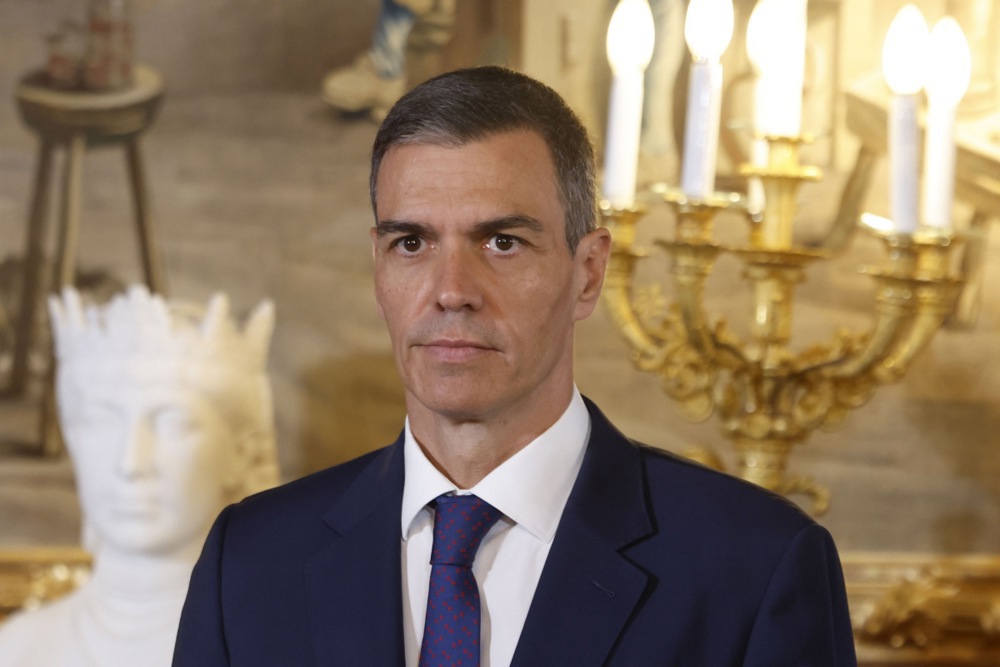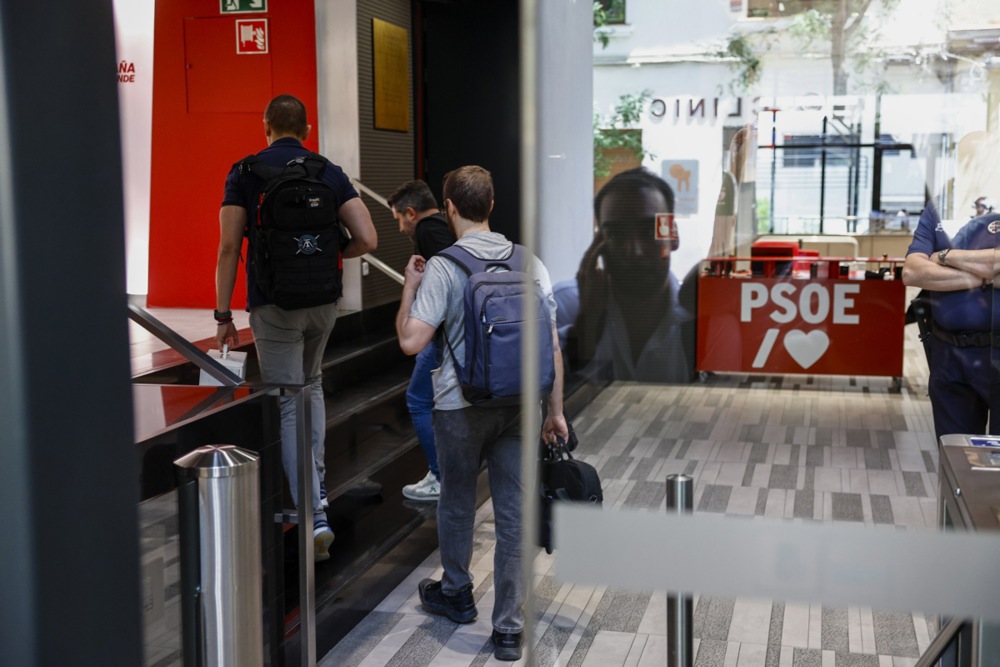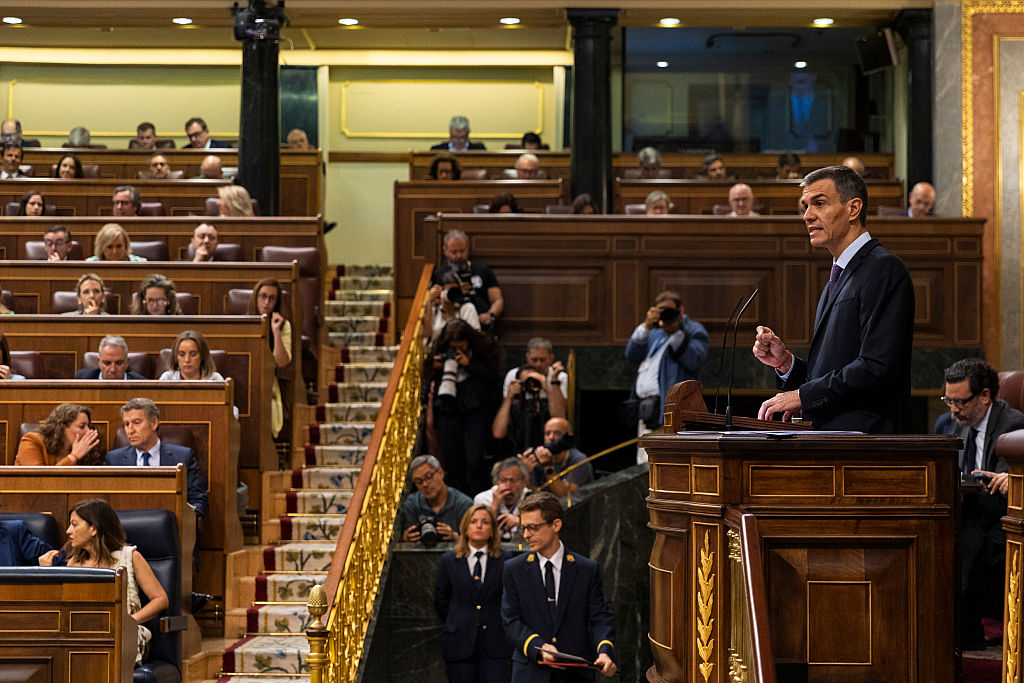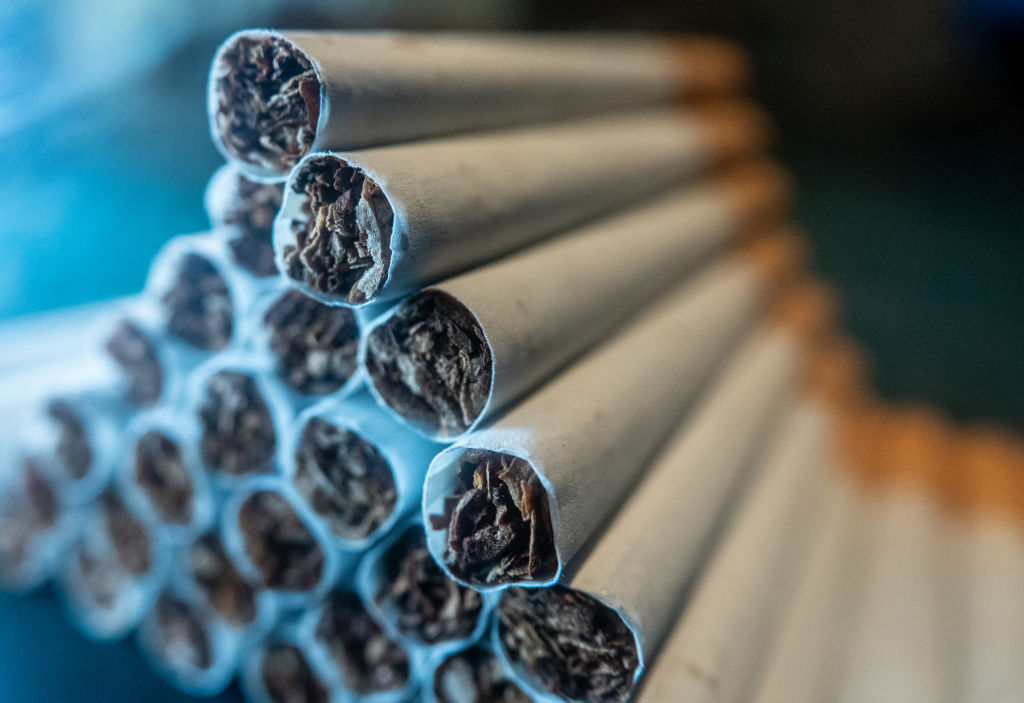Concerns have been raised about the possible misuse of European Union funds as it was revealed four corruption probes in Spain also received EU money.
The cases, which implicate individuals linked to Prime Minister Pedro Sánchez and the Spanish Socialist Workers’ Party (PSOE) and are all in the investigative phase, have led to fears of a possible illegitimate use of funds, particularly from the €163 billion NextGenerationEU recovery package.
The European Public Prosecutor’s Office (EPPO) and the EU’s anti-fraud office (OLAF) are reportedly monitoring developments, as confirmed misuse could lead to fund suspension or recovery.
Spanish media warned that the cases are interconnected through allegations of influence-peddling, bribery and embezzlement and might potentially affect Spain’s access to billions in grants and loans.
One investigation targets former PSOE organisational secretary Santos Cerdán, a close ally of Sánchez, and former transport minister José Luis Ábalos.
They are accused of corruption after a Supreme Court judge found “firm evidence” of their involvement in a kickbacks scheme linked to six public works contracts worth more than €400 million.
At least three of these contracts were partly funded by EU sources under the NextGenerationEU programme for infrastructure upgrades.
Allegations include bribery and organised crime, with claims that Cerdán and Ábalos allegedly pressured the ministry for “electoral interest” projects in exchange for commissions. Cerdán, in provisional custody since July 2025, testified on June 25, 2025 but denied personal gain.
Santos Cerdán, a former senior official of the Spanish Socialist Party and close assistant of Prime Minister Pedro Sánchez, has been remanded in custody by Spain’s Supreme Court. https://t.co/Hg0X6WzL6C
— Brussels Signal (@brusselssignal) July 1, 2025
The EPPO is assessing whether to take over, citing the EU funding element; a spokesperson stated in June that intervention is “evident” if misuse is confirmed.
That month, the European Commission initiated information gathering, potentially leading to OLAF audits.
Another case is connected to Sánchez’s wife, Begoña Gómez, who is under investigation for alleged influence-peddling.
It focuses on her recommendation letters for entrepreneur Juan Carlos Barrabés, whose firm secured €8.3 million in contracts from Red.es, a public entity managing digital projects, for training programmes partly financed by NextGenerationEU.
A September State Audit Office (IGAE) report, forwarded to the EPPO, identified “possible fraud of law” in bidding processes. Judge Juan Carlos Peinado is also reviewing Gómez’s Complutense University role and a software misuse allegation. News outlet ABC linked this to what it called broader cronyism patterns.
On October 1, 2025, Spanish centre-right European People’s Party (EPP) Secretary-General Dolors Montserrat queried the EC over OLAF and EPPO involvement in safeguarding EU taxpayers in the Spanish Socialists “cascade of irregularities in European funds”.
She highlighted the Red.es case and a questionable injection of €53 million to the airline Plus Ultra as questionable other cases.
Montserrat stressed there are abundant “public information on political pressures, conflicts of interest and discriminatory treatment” around the Plus Ultra rescue operation. Therefore, she said she considers the EC has an obligation to activate additional control mechanisms.
This case scrutinises the 2020 multi-million bailout for Plus Ultra, an emergency loan to prevent bankruptcy, approved during the pandemic. Investigations allege irregularities, including ignored solvency issues and PSOE lobbying ties to Gómez via an advisory board invitation. Portions of the aid were EU-backed under recovery instruments.
The Plus Ultra Case should not be confused with the Spanish State aid rescue of Air Europa that involved €475 million.
Media and opposition parties have alleged potential conflicts of interest or special favouritism involving figures close to the government (PSOE), including accusations about Gómez having indirect links to entities connected to Air Europa. In this alleged corruption case, though, no EU funds were involved, only Spanish funds.
One of the leaked conversations involves Nadia Calviño, Spain’s former economy minister and president of the European Investment Bank (EIB) since 2024, allegedly discussing the bailout’s execution.
“The involvement of Calviño, now leading the EIB, gives this affair a European dimension and undermines trust in our institutions,” Montserrat added.
PODCAST: "Corruption is everywhere!"@ThatAlexWoman and @JustinStares are joined by Spanish MEP @HermannTertsch to talk about the prostitution scandal that has hit Spain’s ruling coalition. https://t.co/e5kN9IuuI8
— Brussels Signal (@brusselssignal) June 27, 2025
Next to the wife of the PM, the Prime Minister’s brother, David Sánchez, faces charges of alleged influence-trading, embezzlement and prevarication.
This probe concerns his €55,000 annual appointment at the Diputación de Badajoz without competition, a public body handling rural development projects subsidised by EU agricultural and cohesion funds.
While the amount is relatively modest in the case, Spanish media highlighted it as evidence of “institutional favouritism” potentially tainting EU rural aid.
PM Sánchez described the issues as “isolated” in June 2025, ordering a PSOE audit without resignations, although these cases all came out of the Koldo García scandal.
García is the key figure in a Spanish Supreme Court case that centres on alleged corruption related to public contracts during the Covid-19 pandemic, especially those to supply medical material, such as face masks.
García, who was an adviser to Ábalos, is accused of helping the company Soluciones de Gestión win several contracts by influencing tendering processes in return for kickbacks or illegal commissions.
García, his wife, and others have been arrested as part of the probe.
It was evidence collected in this case, including documents, messages, audio recordings and of unexpected financial gains, that has opened the door to all the alleged corruption scandals surrounding the Spanish Socialists and those close to Sánchez in particular.
Spanish Prime Minister Pedro Sánchez told the parliament during a heated extraordinary plenary session he was not planning to resign over the corruption scandals haunting his government. https://t.co/4Ae50TxyiB
— Brussels Signal (@brusselssignal) July 10, 2025





